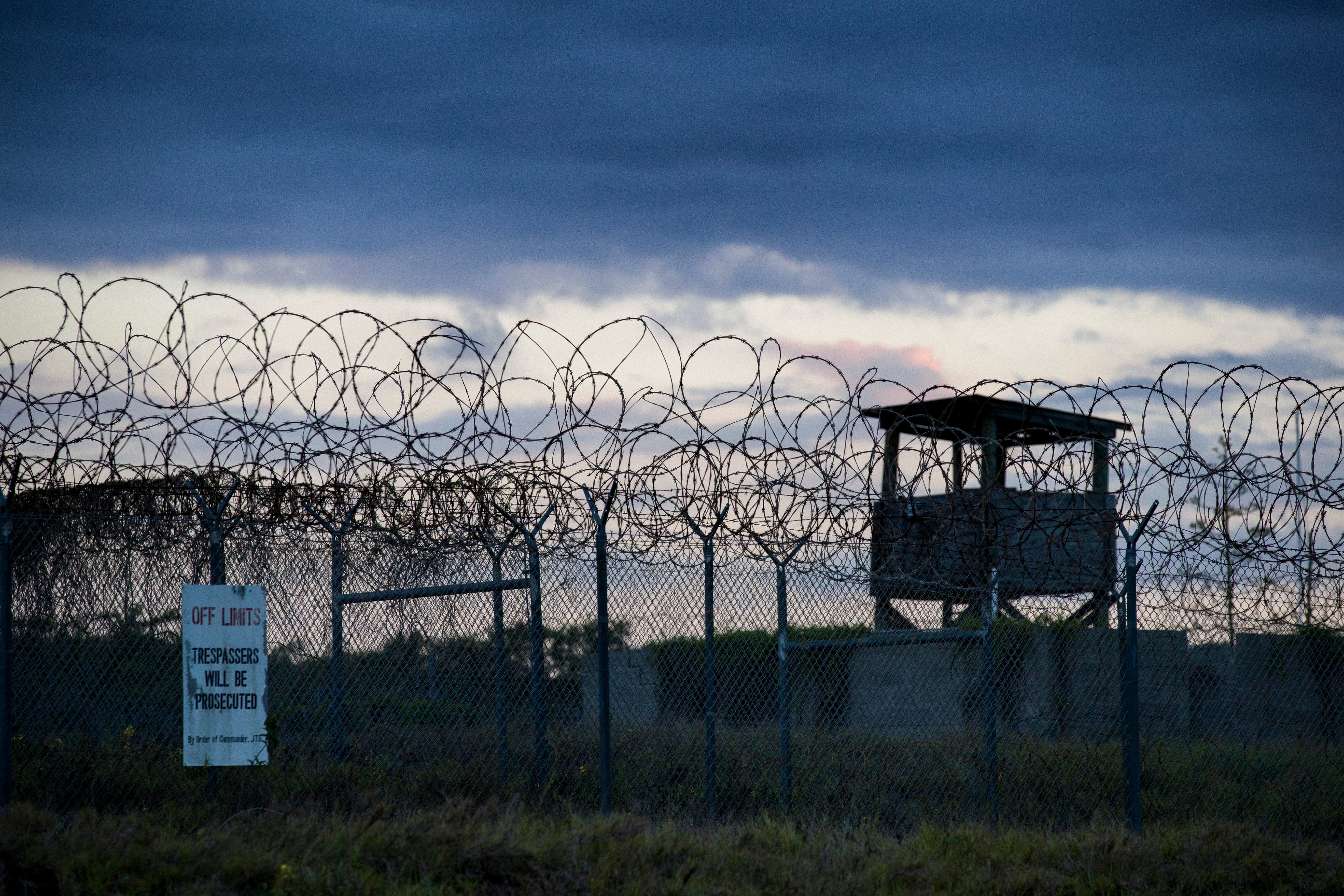US sends home suspected '20th hijacker' from Guantanamo
A Saudi prisoner at the Guantanamo Bay detention center who was suspected of trying to join the 9/11 hijackers has been sent back to his home country for treatment for mental illness

Your support helps us to tell the story
From reproductive rights to climate change to Big Tech, The Independent is on the ground when the story is developing. Whether it's investigating the financials of Elon Musk's pro-Trump PAC or producing our latest documentary, 'The A Word', which shines a light on the American women fighting for reproductive rights, we know how important it is to parse out the facts from the messaging.
At such a critical moment in US history, we need reporters on the ground. Your donation allows us to keep sending journalists to speak to both sides of the story.
The Independent is trusted by Americans across the entire political spectrum. And unlike many other quality news outlets, we choose not to lock Americans out of our reporting and analysis with paywalls. We believe quality journalism should be available to everyone, paid for by those who can afford it.
Your support makes all the difference.A Saudi prisoner at the Guantanamo Bay detention center who was suspected of trying to join the 9/11 hijackers has been sent back to his home country for treatment for mental illness, the Department of Defense said Monday.
Mohammad Ahmad al-Qahtani was flown back to Saudi Arabia, to a treatment facility, from the U.S. base in Cuba after a review board including military and intelligence officials concluded he could be safely released after 20 years in custody.
His lawyers say the 46-year-old prisoner has suffered from mental illness, including schizophrenia, since childhood. The U.S. dropped plans to try him after a Bush administration legal official concluded he had been tortured at Guantanamo.
With his release, there are now 38 prisoners left at the detention center. He is the second released under President Joe Biden, who has said he intends to close the facility.
"The United States appreciates the willingness of Saudi Arabia and other partners to support ongoing U.S. efforts toward a deliberate and thorough process focused on responsibly reducing the detainee population and ultimately closing of the Guantanamo Bay facility," the Department of Defense said in a statement announcing the repatriation of al-Qahtani.
However, only about half the men held there have been cleared for release, and no decision has been made about what to do with the rest, including those who still face trial by military commission.
The Defense Department notified Congress of its intention to transfer al-Qahtani in February, prompting outrage from some Republicans.
In August 2001, al-Qahtani was turned away from the U.S. at the Orlando airport by immigration officers who were suspicious of his travel. The lead Sept. 11 hijacker, Mohammed Atta, was going to pick him up to take part in the plot, according to previously released documents.
U.S. forces later captured him in Afghanistan and sent him to Guantanamo, where he was subjected to brutal interrogations that the Pentagon legal official in charge of war crimes commissions said amounted to torture.
That treatment included beatings, exposure to extreme temperatures and noise, sleep deprivation and extended solitary confinement. An FBI official in 2002 observed al-Qahtani speaking to non-existent people, hearing voices and crouching in a corner of his cell while covering himself with a sheet for hours at a time.